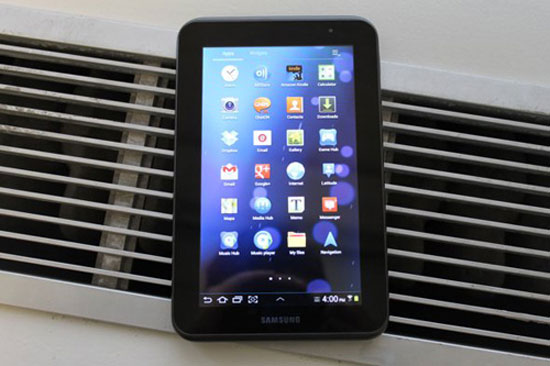Why does a laptop fan with a cooling fan and tablet not?
If there is no heat sink, the laptop gets hot after you use it for about an hour and the tablet does not. What is the reason?

Tablets do not need radiators because their CPUs have a different structure, consume more power efficiently and do not generate too much wasted heat. This is also the reason why the tablet can operate for up to 10 hours even though the battery is relatively small.
The downside of the problem is that tablet processors can't be as powerful as laptop processors, even when compared to cheap netbooks. For example, nearly every platform running on a tablet doesn't allow you to launch more than one application at a time and strictly restrict the types of applications running in the background.
However, we are seeing many positive changes: the tablet processor has gradually closed the gap with the types used in laptops, while chip designers have also made efforts to make consumer laptop / desktop chips. More efficient power.
Finally, it is worth noting that not all laptops have radiator fans. Recent generations of Ultrabooks have a compact design, parts that consume less power and use heat dispersion tricks without resorting to fans.
You should read it
- ★ The computer does not need a fan to dissipate heat thanks to the copper foam heat sink
- ★ Processing effective heat dissipation fan for Laptop V2, there must be a temperature clock with only 60,000 VND
- ★ 5 ways to cool down, cool, laptop radiator simple and effective
- ★ How does the radiator on the phone work?
- ★ How to cool the laptop simply and effectively